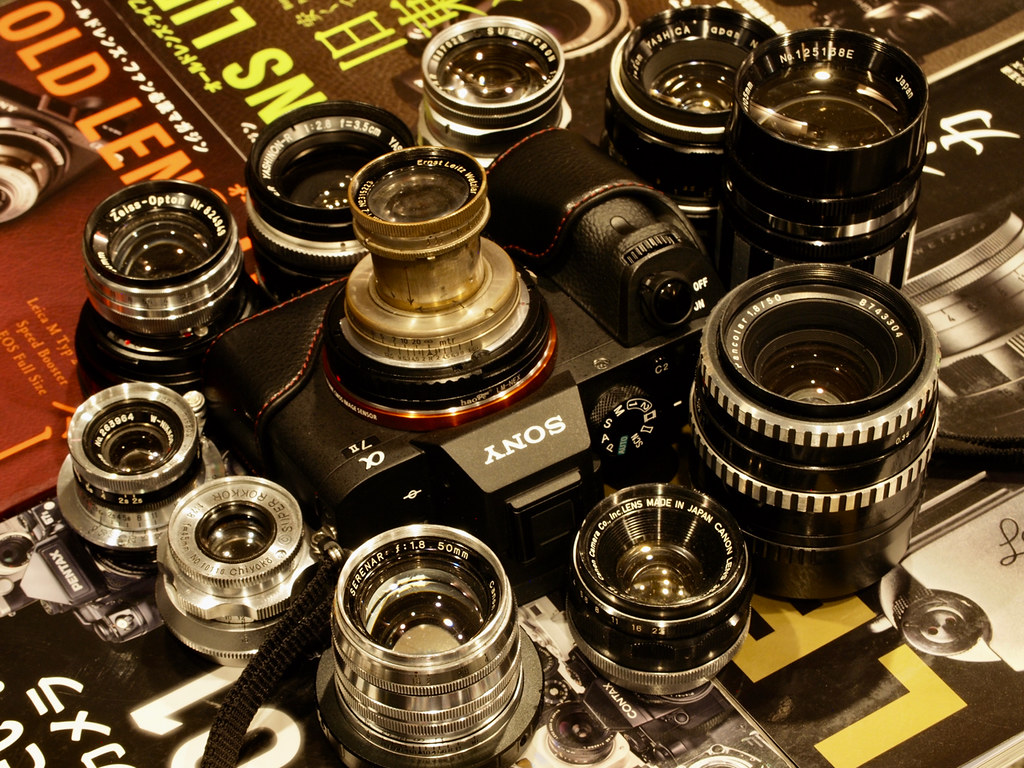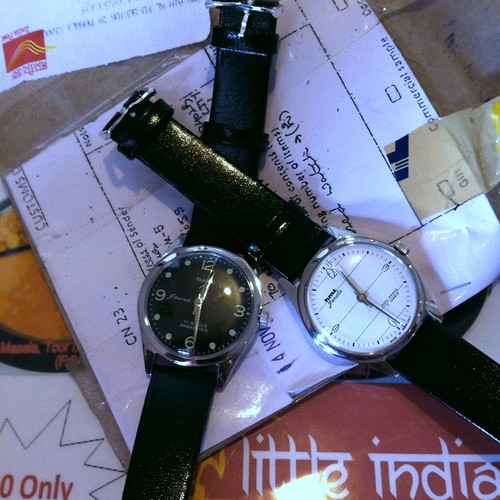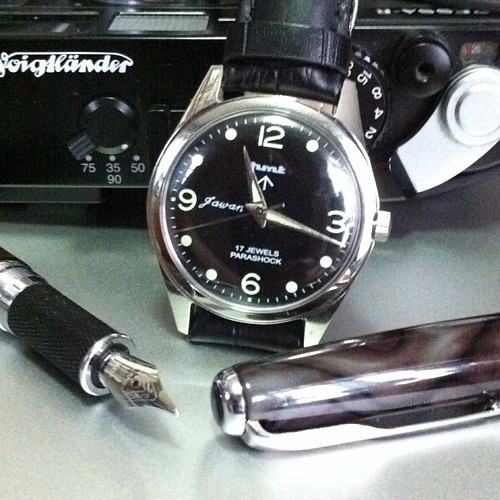 |
| taken by an Olympus E-P1 + Voigtlander Nokton 50mm f1.5 LTM |
I've said this before but would like to reiterate that for my intents and purposes, digital photography is mainly about instant gratification. I haven't ventured much into handling RAW files and mostly shoot JPEGs using old lenses via adapters. I'd much rather spend time developing and scanning film rather than manipulating images in front of a monitor. Whether handling film or pixels, I also prefer minimum post processing.
 |
| Olympus E-P1 + Voigtlander Color Skopar 21mm f 4 LTM |
Except for a couple of digital point and shoot devices, my digital camera history only encompasses mirrorless interchangeable lens bodies starting with an Olympus E-P1 that I acquired in late 2009. This camera documented my trips to Shanghai and Bangkok.
The Olympus (RIP) E-P1 was succeeded by a Fuji X-E1 in late 2013, which was a much better camera technically and ergonomically. I would've soldiered on with the X-E1 if it didn't die unexpectedly in NYC in the summer of 2019. I still miss this camera since it recorded wonderful memories of our visits to Guam, Hong Kong/Macau and Tokyo!
I acquired the Sony A7II mainly to experience a full-frame sensor. I'm aware that anything wider than a 35mm focal length lens will have color fringing issues.
But it's what I could afford for testing my collection of classic glass. For a mirrorless interchangeable lens body, this is bulky and heavy.
Even if I got used to the controls, ergonomically, it still feels like I'm handling a device rather than a camera.
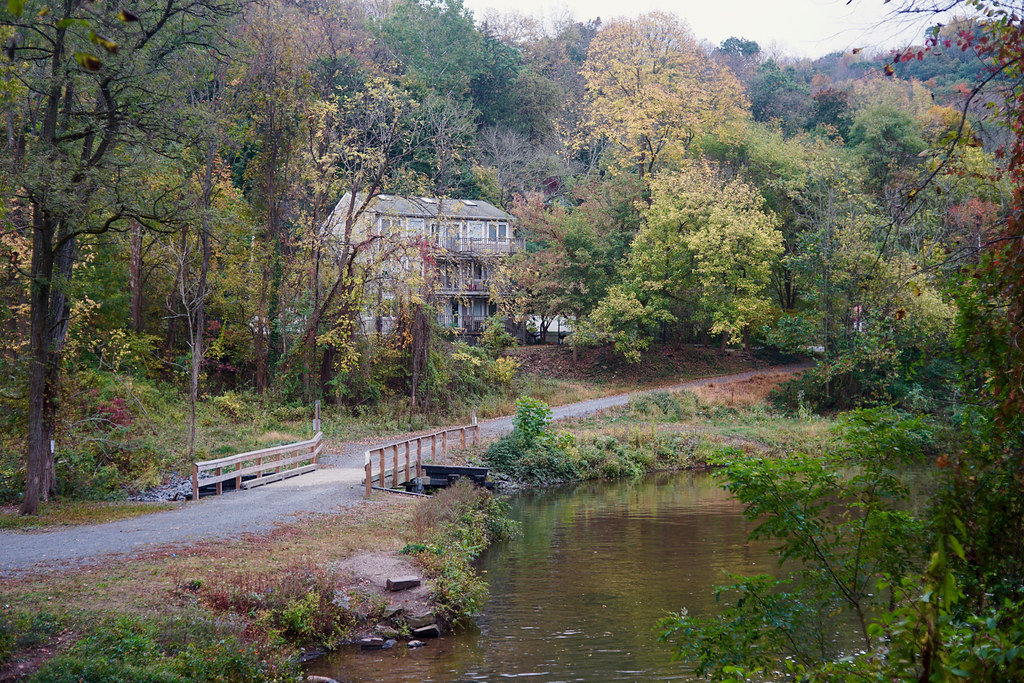 |
| Sony A7II + Canon 50mm f1.8 LTM |
In spite of the lukewarm feedback on the quality of its Out Of Camera (OOC) JPEGs, after a bit of post processing effort, I don't find the A7II images inferior to those from my dearly departed Fuji X-E1.
I actually welcome the greater depth-of-field and superior dynamic range from the full-frame sensor.
Because of the form factor and heft, I've used this camera mostly for taking glamour shots of gear I post on this blog attached to the fine optics of the Industar 61L/Z macro lens. But I should really take this camera out for photo adventures.
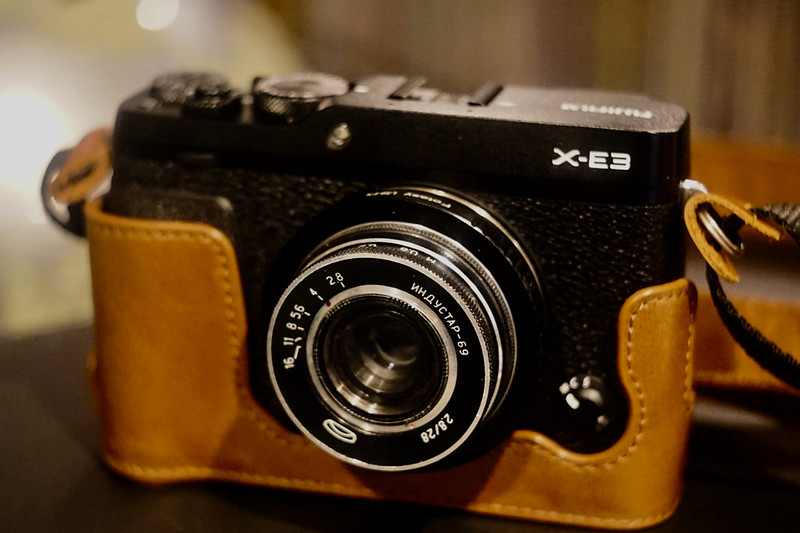 |
| Fuji X-E3 + Industar 69 |
Tish probably noticed my love/hate relationship with the Sony device. Before 2019 ended, she surprised me with a Fuji X-E3. The X-E3 is even slightly smaller and leaner than my beloved X-E1. Except for the touch screen, which manages to occasionally screw up my default settings, its rangefinder-like handling instantly felt familiar.
 |
| Fuji X-E3 + Meike 28mm f2.8, Provia film simulation |
 |
| Fuji X-E3 + Meike 28mm f2.8 Velvia film simulation |
The film simulations render beautiful OOC images, Acros and Velvia being my two favorites.
 |
| Fuji X-E3 + Industar 69, Acros film simulation |
Even if I spend a tad less time post processing files from its cropped APS-C sensor, it still can't surpass the Sony full-frame sensor's depth, detail and dynamic range.
 |
| Fuji X-E3 + 7Artisans 25mm f1.8, Velvia film simulation |
However, I can easily slip this camera in my Domke F-5XB along with a Leica or similar RF for a photo expedition.
 |
| Fuji X-E3 + Meike 28mm f2.8 pancake |
After all is said and done, I'm still waiting for a full-frame Leica M digital body with a Fuji or Sony price tag. 😆


